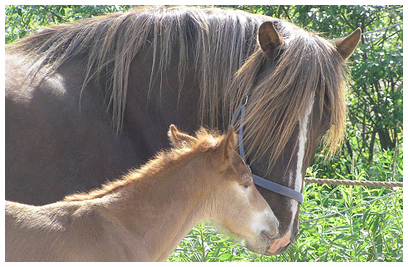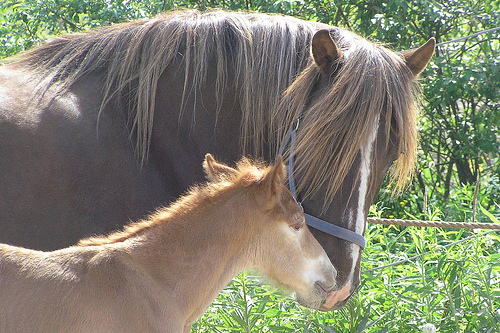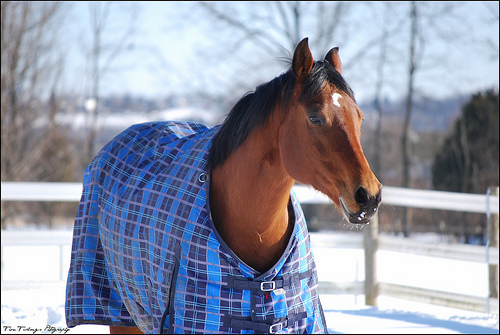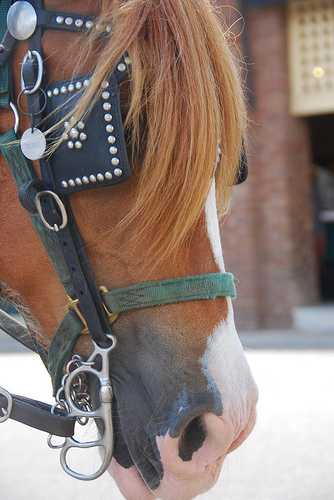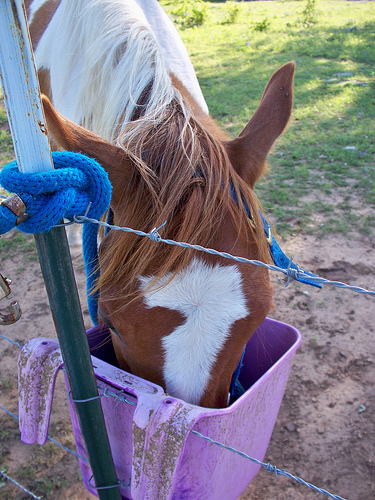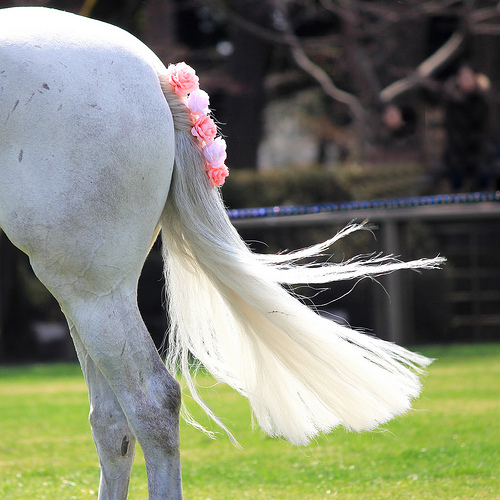Horses are also susceptible to worms and parasite attacks. But you can keep your horse parasite free with regular horse deworming. There are several factors that play a major role in the deworming schedule. And you must work in close consultation with your horse’s veterinarian. The vet will be the best person to work out not just the deworming schedule but also the amount of dewormers needed.
Just like your medication dose depends on your age and changes as you grow older, a horse’s deworming needs change. The major factors that decide the amount of deworming necessary as well how often the ‘worm load’ needs to be checked are as follows.
Deworming deciding factors:
- Age: young horses and foals are more vulnerable to worms in the system.
- Location: horses in certain locations are more susceptible to the location-specific parasites.
- Season: parasites are not always active; some like the bot flies have specific periods of activity.
- Travel: horses that travel a lot and participate in shows can be exposed to infected horses.
- Pasture load: certain patches of grassland can harbor more parasites than others.
- Pasture and play mates: other horses and play mates could be infected, thus infecting your horse.
How to understand your horse’s deworming needs?
The best means of keeping a tab on your horse’s deworming needs is to actually get his feces tested by the vet. The test will count the worm eggs in the feces and this egg count lets the vet calculate if the horse needs deworming and how much dewormer will be needed.
This egg count test should be carried out even after the deworming process, ideally 10-15 days after the deworming. And a fecal egg count reduction test every 1 to 2 years will be helpful, especially for the younger horses and foals.
And now for the methods of deworming
You can either use the pellet dewormer or the paste type dewormer for your horse.
- Pellet dewormer: measure out the amount of dewormer required for your horse as per the vet’s instructions. Add the prescribed amount with the horse’s feed.
- Paste dewormer: as your horse consumes his daily quota of fodder, you can use the paste type dewormer. Remove the cap from the dewormer; twist the spinning piece of plastic to set the plunger at the correct dosage. Next, hold the dewormer such that it fits your palm, and line up the tube at the back corner of your horse’s lips. Squeeze the dewormer into the horse’s mouth as far back as you can reach and hold his head up. This stops the horse from spitting out the dewormer and forces him to swallow it.
Here is a video explaining the paste type dewormer better…and how to administer it so that you don’t get it wrong for your horse.
Sometimes, your horse might turn resistant towards parasites and you might not even need dewormers. But again, the parasites might grow immune to the dewormer you use, so it is best to alternate between the different methods of deworming so that it is effective.
Now you should be better acquainted with the nuances of horse deworming – protect your horse from parasites, and he will only serve you more whole-heartedly.
